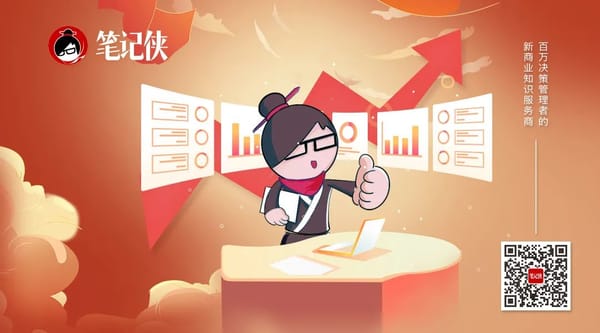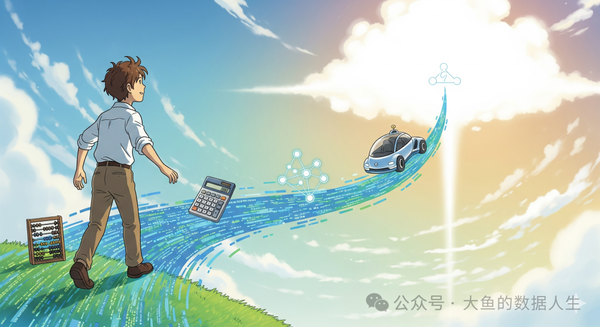Introduction from Kenton Varda
MCP vs OpenAPI: A New Approach to Authentication
The major advantage of MCP over OpenAPI is that authentication is made explicitly clear by design.
While in theory an agent could parse documentation and write code to handle authentication, this is not the desired model — because it would give the agent direct access to API tokens.
Instead, MCP takes a security-first approach:
- The harness (execution environment) manages authentication.
- API keys are never exposed to the agent itself.
---
OAuth’s Traditional Limitation
Historically, OAuth has assumed the client:
- Knows exactly which API it will use.
- Can be pre-registered by the developer with that API.
- Obtains a fixed `client_id` and `client_secret` in advance.
This model works for known static integrations — but agents do not know in advance which MCPs they'll interact with.
---
Why MCP Introduces OAuth Dynamic Client Registration
To address this, MCP requires OAuth Dynamic Client Registration (RFC 7591) — a standard that allows clients to be registered on the fly at runtime.
> MCP is one of the first real-world systems to require DCR, making it a potential breakthrough in adaptive and decentralized API ecosystems.
Key benefits of DCR in MCP:
- No prior API coordination needed
- Secure runtime client creation
- Credentials kept hidden from the agent
This change in authentication design makes MCP particularly suited for highly adaptive, decentralized agent ecosystems.
---
Broader Implications in Content & AI Development
The same design principles that make MCP secure for API access are relevant far beyond agent-to-API interactions. They align with emerging AI-driven platforms that manage sensitive tokens and API calls securely.
---
Example: AiToEarn
AiToEarn is an open-source, global AI content monetization platform. It applies similar secure handling philosophies to empower creators:
Core capabilities:
- AI Content Generation – Create optimized content using AI models.
- Cross-Platform Publishing – Seamless posting to platforms like:
- Douyin, Kwai, WeChat, Bilibili, Rednote, Facebook, Instagram, LinkedIn, Threads, YouTube, Pinterest, X/Twitter.
- Analytics & Model Ranking – Insight into performance and benchmark different AI models.
- Token & API Abstraction – Ensures that authentication and tokens remain securely managed, not directly exposed to the creator’s code.
This ecosystem enables creators to:
- Streamline multi-platform content distribution
- Protect access credentials
- Monetize AI-generated creations efficiently
---
In short:
MCP’s dynamic authentication model may be a foundational building block for the next generation of secure and adaptive digital platforms — both in autonomous agents and in AI-driven creative workflows.
---
If you’d like, I can draw a visual diagram that shows MCP’s OAuth DCR flow compared to traditional OAuth. This would make the security and flexibility gap even clearer. Would you like me to prepare that?




